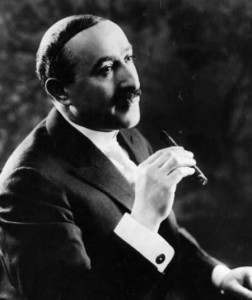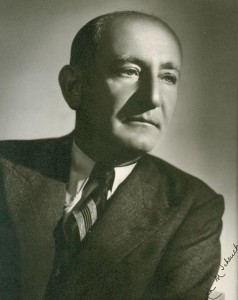Boris Claudio Schifrin (b. 1932) was born in Argentina. His father was a professional violinist and concertmaster, and introduced his son to music at a very young age. Schifrin grew up studying under the tutelage of several great composers and conductors. He composed his first piece, inspired by a passage in the Torah, at the age of 15 for his local synagogue. Although he briefly studied law, Schifrin pursued his passion in music and went on to study at the Paris Conservatory. He returned home to start his own jazz orchestra that was soon featured weekly on TV in Buenos Aires. In 1958, Schifrin was offered a job in New York and made the big move. Several years later, MGM offered him the chance to work on a film score. He won his first Emmy Award for Best TV Theme soon after. Schifrin went on to write theme songs and scores for over 160 films and television series, including Dirty Harry, the Rush Hour trilogy, and Planet of the Apes. His score for The Exorcist was so frightening that the director had to scrap it from the film. Undoubtedly, the most famous of his songs is the theme from Mission: Impossible, now considered among the greatest theme songs of all time, and the most widely recognized around the world. It has been popular for nearly 5 decades since Schifrin first composed it in 1966. A U2 remake in 1996 sold 500,000 copies and reached #7 on the Billboard 100. Besides TV and film, Schifrin produced more than 50 musical albums, and composed over 60 orchestral works. For his work, he has been nominated for 6 Oscars and 21 Grammys, of which he has won 4. Despite being an octogenarian, he is still working on film scores and runs his own label, Aleph Records. Schifrin also has a star on Hollywood’s Walk of Fame.
Words of the Week
… the reason imagination is more important than knowledge is because imagination turns out to be the vehicle by which we increase knowledge. And so, if you don’t have imagination, you’re not going to get more knowledgeable.
– Dr. Sylvester James Gates, Jr.




